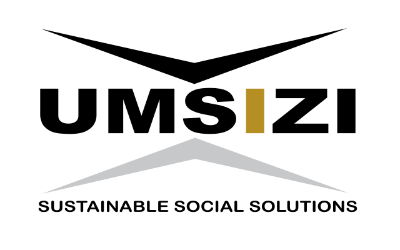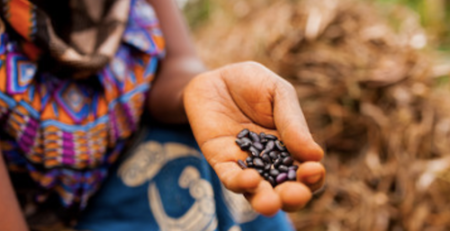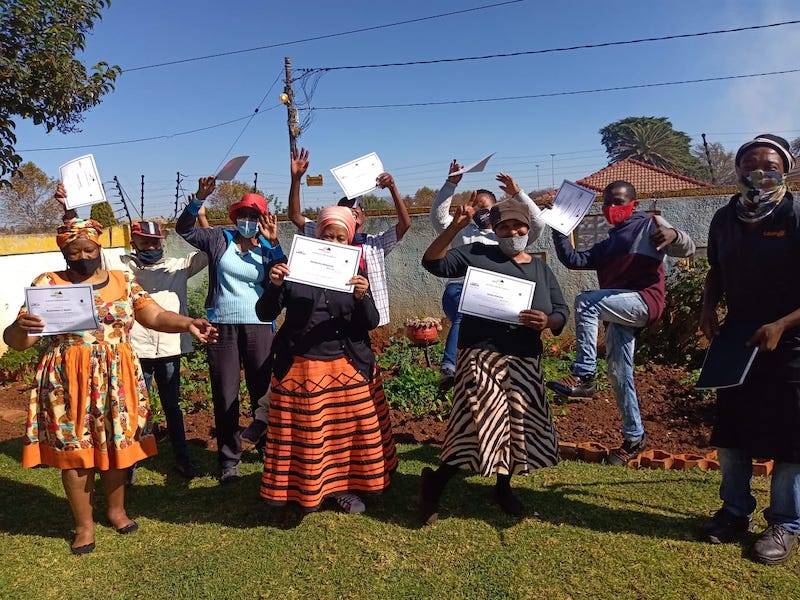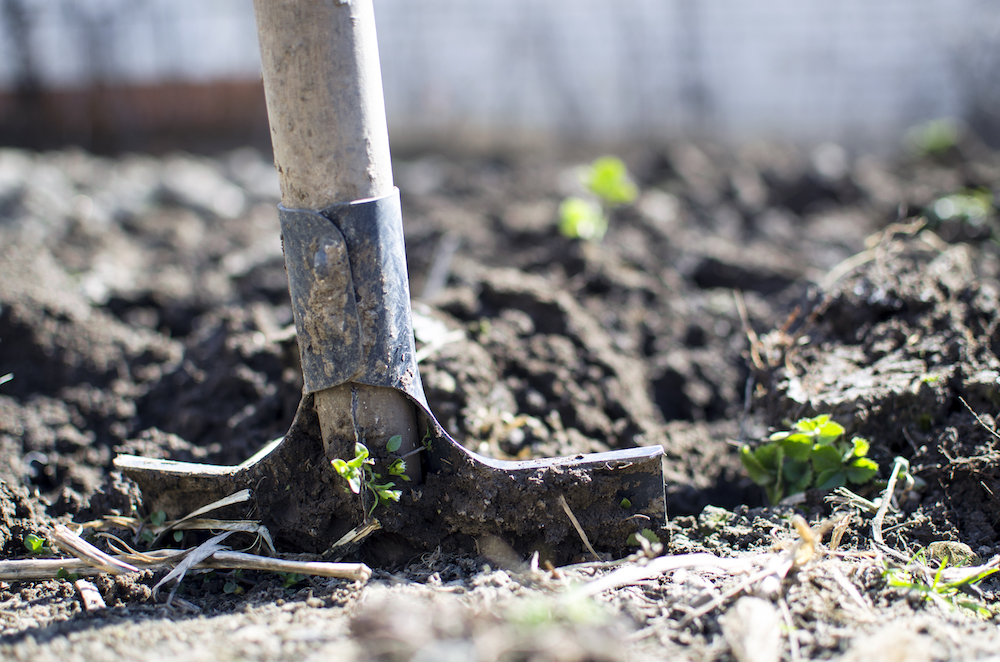Sewing and Sowing – Enterprise Development
Enterprise Development Plan
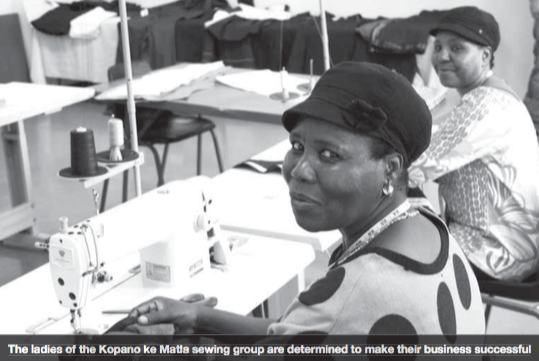
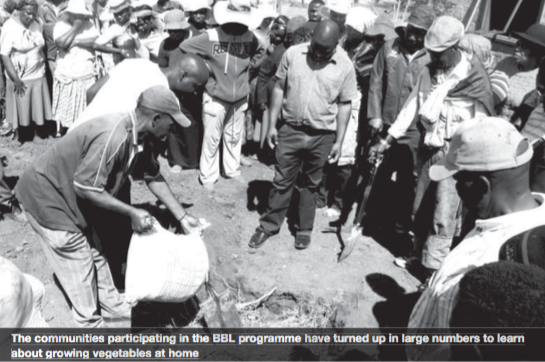
SOME FACTS ABOUT LIFE IN THE GREATER JOHANNESBURG AREA:
- 30% of eGoli’s residents are unemployed; 45% of households live in poverty (total income less than R1 200), with 20% of people living in abject poverty (less than R305/month).
- About 40% live in inadequate housing, with insufficient access to services (water, sanitation, electricity, waste removal).
- 116 827 families live in informal settlements, with around 108 000 families living in illegal backyard dwellings.
- 60% of people over the age of 21 don’t have a matric, and only 8% have some form of post- matric qualification.
- The five biggest socio-economic issues are unemployment, poverty, lack of education/ skills, malnutrition, shortage of basic services.
- Extremely high levels of sexual and gender violence, child abuse, crime, murder, abortion and suicide.
Life for those living in the communities near the Brakpan and Crown operations is for some, difficult, and for others, extremely tough. The above facts apply to many of the residents. Ergo, like all mining companies, has a Social and Labour Plan and, through its community social investment and local economic enterprise development projects, the company works to find solutions to some of these problems in an effort to uplift the general living standards of the residents.
Ergo does this by working alongside local government and enterprise development focused community leaders to bring relief and hope to the most vulnerable and impoverished residents.
Sowing the Seeds – Strategy for Enterprise Development
In the second half of 2015, Ergo launched a significant LED project, called the Broad-Based Livelihoods (BBL) Programme in KwaThema, Tsakane and Geluksdal. Ergo contracted Umsizi Sustainable Social Solutions to implement the enterprise development programme on its behalf.
 The programme aims to help families or households to develop livelihoods or ways of earning an income, in ways that will be lasting and effective. The goal is to get people doing things, or producing, so they can feed their families and trade.
The programme aims to help families or households to develop livelihoods or ways of earning an income, in ways that will be lasting and effective. The goal is to get people doing things, or producing, so they can feed their families and trade.
The programme starts with information on how households can improve their food security, or get access to good food. Food security means to have enough of the right types of foods to eat for good health, and so to be free from the fear of hunger and scarcity. When someone is free from fear, they are able to think about the future and can begin to make plans to improve their lives.
Once they are food-secure, the participants are encouraged and helped to come up with more ways to make money for the household. This gives them hope for sustainable livelihoods, confidence in problem solving, and they are better able to communicate with others.
The BBL Programme is guided by some very basic principles:
- Everyone can participate if they are interested in enterprise development
- Participants use what is already available at their households
- It is easy to start
- It is based on the western idea that: ‘If you give someone a fish you will feed them for a day; teaching someone to fish will feed them for their lifetime.’ In Africa, the Swahili people have a similar proverb: ‘Wealth, if you use it, comes to an end; learning, if you use it, increases.’ Even the Central African Bateke proverb might apply: ‘You learn how to cut down trees by cutting them down.’Ergo’s BBL programme – which is a learning initiative and not a ‘hand-out’ – was enthusiastically received when it began in August. Training was offered on a two-weekly basis, in smaller groups and sometimes at the home of a participant. The sessions covered simple theory on how to dig a trench bed, prepare the soil, germinate seeds and conserve water. The facilitators then did practical demonstrations to reinforce the learning. Although only 12 weeks have passed at the time of writing, early signs of success can be seen. Along Tsakane’s sand roads you will find homes built from zinc and scrap material.
Occasionally you may see a brick home. The streets are full of noisy children, chatty women and curious dogs. Although at first glance this appears to be normal, if you look more closely you will see that there is something different happening here. Many of these homes have a vegetable garden, and these gardens contain a variety of vegetables, at various stages of growth. In fact, the women are trading vegetables. The children are doing chores and chasing birds from their gardens and pulling out the weeds. The dogs are inspecting the hand-dug rainwater harvesting trench.
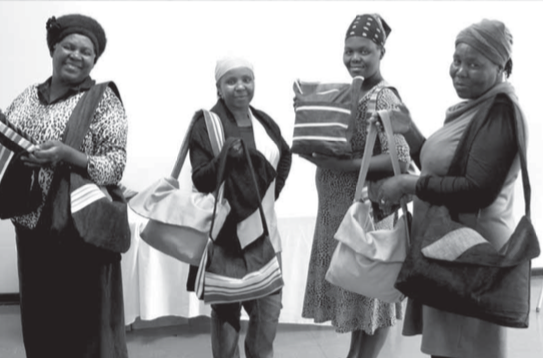 Ergo has brought hope to the people along these dry, dusty roads. The residents have been given a chance to take charge of their future. It may not look like much to the passer-by, but to those who linger, or who truly observe, there are clear signs that the company’s BBL project is the first step for many towards a better future.
Ergo has brought hope to the people along these dry, dusty roads. The residents have been given a chance to take charge of their future. It may not look like much to the passer-by, but to those who linger, or who truly observe, there are clear signs that the company’s BBL project is the first step for many towards a better future.
SEWING IN SOWETO
“I sew, I sew, it’s off to work I go!”
This is the song on the lips of five special women from Soweto. A number of years ago, these women had an idea – to start a sewing business. They registered themselves under the name Kopano ke Matla (Unity is Power). They then leased workspace from the multi-purpose centre in Meadowlands, and Ergo donated sewing machines to them. Over the years they had some work orders, but the business was difficult to sustain, and they faced a number of challenges. But this group of women were not going to give up easily. They kept their belief in the potential of their business idea alive because they had a clear vision of the life they wanted for themselves and their families.
Ergo recently requested Umsizi to conduct a feasibility assessment of the Kopano ke Matla sewing business and it was found to have potential. In August, the group made a fresh beginning on their journey to make their dream a reality. The group is learning pattern development, item costing, purchase planning and the principles of marketing and sales. Kopano ke Matla has received a purchase order for 600 carry bags and pencil cases and it has big plans for 2016. The women are looking at developing new product lines, new market opportunities and building a steady cash flow.
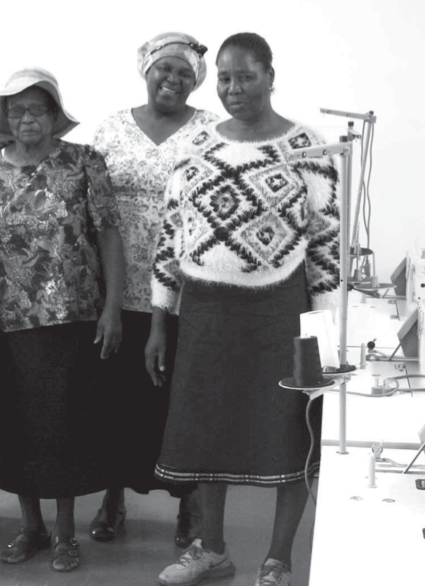
Wayne Swanepoel, Senior Manager: Human and Social Capital: “We are pleased to be working together with this group – the ladies have amazing talent, passion and determination.” Group member, Mrs Papi (aged 82) said: “We are happy to have made these bags for the Christmas gift programme and pleased that they will be given to those youngsters going to primary school. But we havemuchtodoandlearnin2016.”

